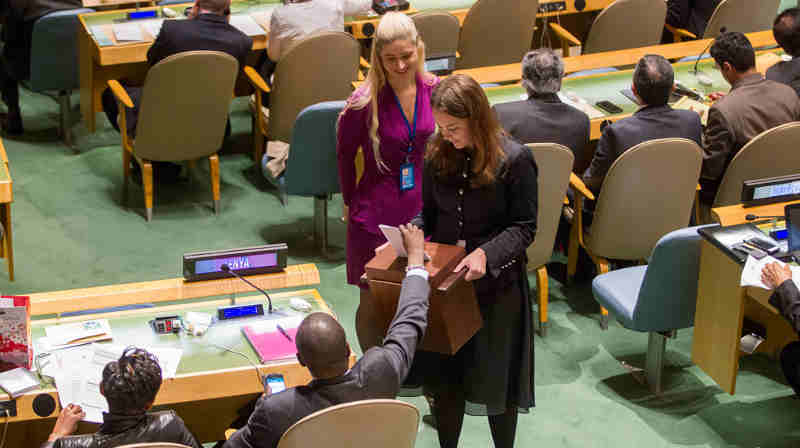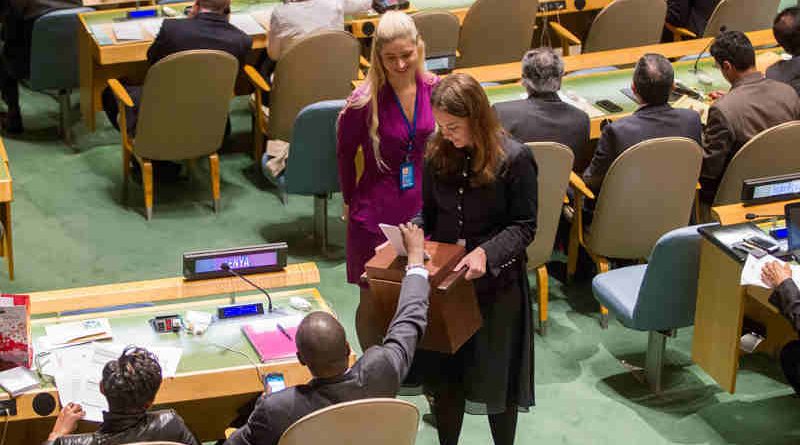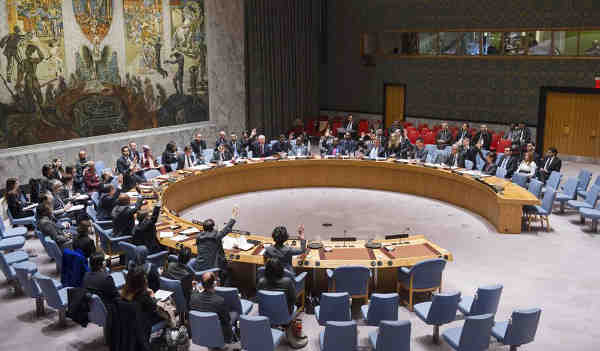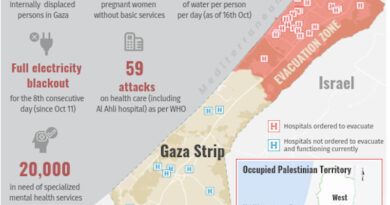General Assembly Elects 14 Members for UN Human Rights Council

The General Assembly on Friday elected, by secret ballot, 14 States to serve on the Human Rights Council, the United Nations (UN) body responsible for the promotion and protection of all human rights around the globe.
According to a UN communique, the elected States are: Brazil, China, Croatia, Cuba, Egypt, Hungary, Iraq, Japan, Rwanda, Saudi Arabia, South Africa, Tunisia, United Kingdom and the United States. All would serve three-year terms beginning on 1 January 2017.
The 14 outgoing members were Algeria, China, Cuba, France, Maldives, Mexico, Morocco, Namibia, Russian Federation, Saudi Arabia, South Africa, the former Yugoslav Republic of Macedonia, United Kingdom and Viet Nam.
In accordance with Assembly resolution 60/251, those Member States were eligible for immediate re-election except the delegation which had served two consecutive terms, namely Maldives.
[ Meet the Next UN Secretary-General: António Guterres ]
The 14 new members were elected according to the following pattern: four seats for African States; four seats for Asia-Pacific States; two seats for Eastern European States; two seats for Latin American and Caribbean States; and two seats for Western European and other States.
Newly elected to the Geneva-based body are Brazil, Croatia, Egypt, Hungary, Iraq, Japan, Rwanda, Tunisia and United States. Re-elected for an additional term were China, Cuba, Saudi Arabia, South Africa and the United Kingdom.
[ Obama Administration Plans to End Modern Slavery ]
Assembly President Peter Thomson (Fiji) announced that the following States would also continue as members of the Council: Albania, Bangladesh, Belgium, Bolivia, Botswana, Burundi, Congo, Côte d’Ivoire, Ecuador, El Salvador, Ethiopia, Georgia, Germany, Ghana, India, Indonesia, Kenya, Kyrgyzstan, Latvia, Mongolia, Netherlands, Nigeria, Panama, Paraguay, Philippines, Portugal, Qatar, Republic of Korea, Slovenia, Switzerland, Togo, United Arab Emirates and Venezuela.
Created by the Assembly in May 2006 (resolution 60/251) as the principal United Nations body dealing with human rights, the Human Rights Council comprises 47 elected Member States.
On the basis of equitable geographical distribution, Council seats are allocated to the five regional groups: African States, 13 seats; Asia-Pacific States, 13 seats; Eastern European States, 6 seats; Latin American and Caribbean States, 8 seats; and Western European and other States, 7 seats.






